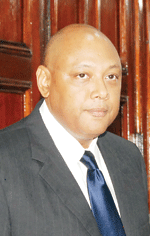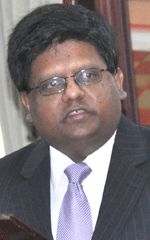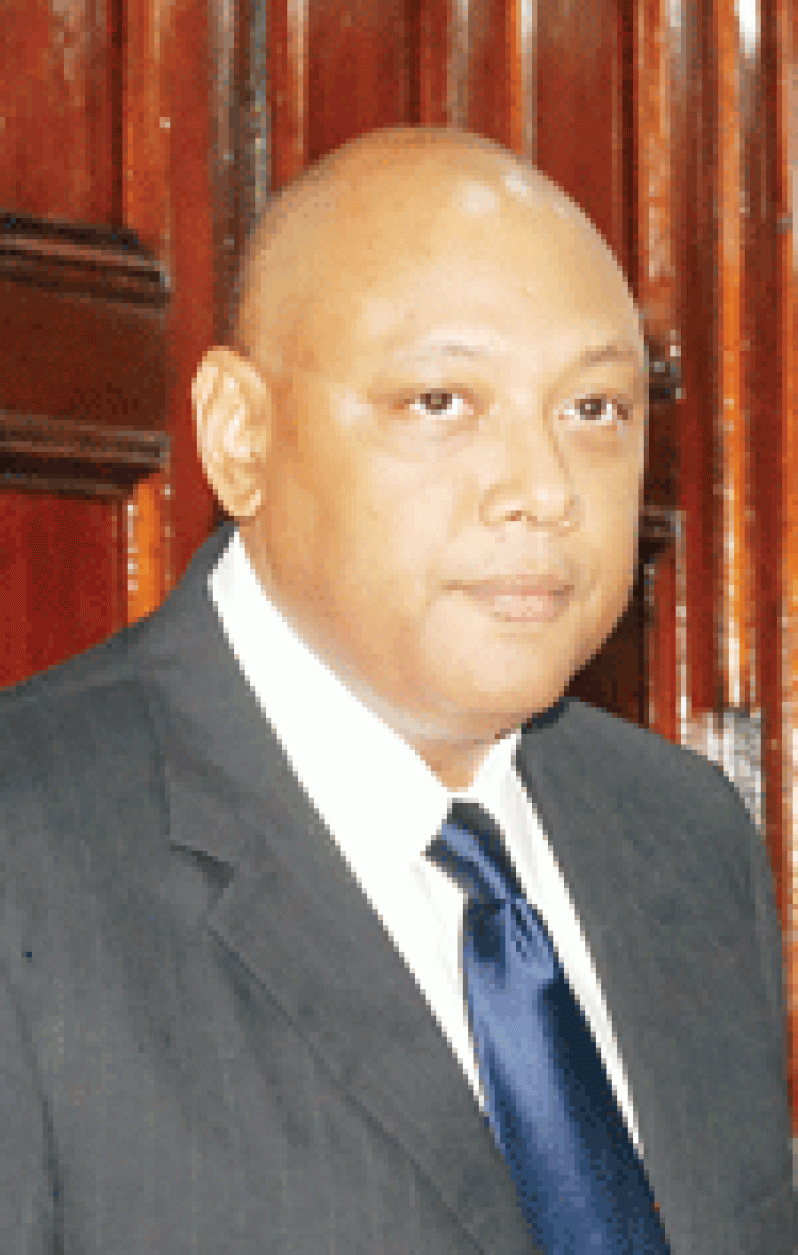…Speaker on APNU motion calling for Supreme Court to be made an autonomous body
THE combined Opposition on Thursday night used its one-seat parliamentary majority to pass a motion calling for the Supreme Court to be made an autonomous body instead of a budget agency.  The motion, tabled by A Partnership for National Unity’s (APNU) Shadow Finance Minister, Carl Greenidge, called on the National Assembly to amend the Schedule of the Financial Management and Accountability Act 2003 to make the court an autonomous body drawing directly from the Consolidated Fund.
The motion, tabled by A Partnership for National Unity’s (APNU) Shadow Finance Minister, Carl Greenidge, called on the National Assembly to amend the Schedule of the Financial Management and Accountability Act 2003 to make the court an autonomous body drawing directly from the Consolidated Fund.
However, Speaker of the National Assembly Raphael Trotman pointed out that an amendment to an Act must be done by way of an Amendment Act. And so the amendment was denied.
The Speaker informed the House that, “In the absence of an Act to amend the substantive Act, this National Assembly, and I being in a sense the Chair of the Assembly, would not be able to take it further in the absence of an Act to amend, and because the resolve clause is quite specific … it asks this National Assembly to take steps to amend,” he noted.
Attorney General Anil Nandlall, arguing on the Speaker’s point, noted that the Parliament could not review legislation as the motion was calling for, but could instead amend it, and he dubbed it a waste of the parliament’s time.
He said that the amendment should have being brought in the form of an amendment and not in the form of a motion. He called on the Opposition to withdraw its statement that the judiciary is being held to ransom by the government.
The AG deemed the exercise superfluous, unnecessary, misplaced, misconceived, and wrong, and an abuse of parliamentary process.
He believes that if Greenidge wanted to amend it, all he had to do, with his 33 votes behind him, was bring the amendment and finish with the matter.
The motion pointed to Article 122A of the Constitution which called for all courts to be administratively autonomous and function independent of the control and direction of any other person or authority. Greenidge had argued that there is need for a judiciary that can challenge executive action and that would require that this branch of the government be independent of the executive.
Greenidge had argued that there is need for a judiciary that can challenge executive action and that would require that this branch of the government be independent of the executive.
Rising to defend the motion in his name, Greenidge told the House that the Act itself is a device by which the PPP executive has, in fact, gained control over some key constitutional bodies, including GECOM, the Audit Office and the judiciary. By making the Supreme Court a budget agency the judiciary, the judiciary’s independence has been made subordinate to the legislature, he posited.
He noted that the motion seeks to bring about financial and administrative independence of the judiciary.
Meanwhile, speaking on the motion, Finance Minister Dr. Ashni Singh told the House that the issue of the constitution and statutory provision governing constitutional offices was among a list of matters submitted by APNU for discussions during the consideration of the estimates and expenditure. He noted that the government readily made itself available and engaged in lengthy discussions on the matter tabled by APNU.
He stated that the motion was “fundamentally flawed” and had called on Greenidge to withdraw it.
Amendment to an Act must be done by way of an Amendment Act
SHARE THIS ARTICLE :
Facebook
Twitter
WhatsApp





.jpg)








